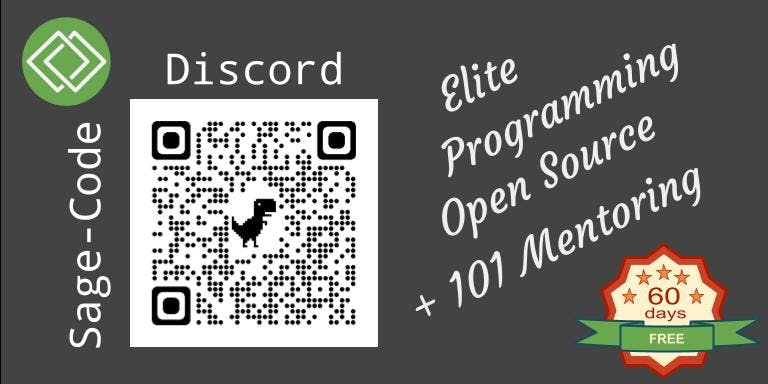Software engineering is the systematic application of engineering approaches to the development of software. Some key aspects of software engineering include:
Requirements analysis: Studying the requirements and needs of the client and stakeholders to determine the purpose of the software.
Design: Coming up with the overall design and architecture of the software, dividing it into modules and components.
Implementation: Actually writing the code to create the software based on the design.
Verification and Validation: Testing the software to ensure it meets requirements and functions as intended.
Maintenance: Fixing bugs, adding new features and improving the software after its initial release.
Management: Managing the software development process, teams, schedules and resources.
The main goals of software engineering are to deliver high-quality software products, reduce risks, control costs and manage the software development process efficiently. It aims to apply a systematic and disciplined approach to all aspects of software development.
Description
The Sage-Code Laboratory CSE course is offered free of charge. You can watch this course live on Twitter and also on YouTube later. The course has text articles posted on our homepage:
This course is introductory but complex. It includes numerous topics required for working in IT industry. Follow this course to become a professional software developer, tech-ops engineer, system programmer, database engineer or compiler designer.
Curriculum
The course covers all important topics related to software engineering and computer science. The curriculum includes:
Programming fundamentals in Java, Python, and C++
Data structures and algorithms
Object-oriented programming
Database design
Web development
Software testing and quality assurance
Agile methodologies
Software architecture
This comprehensive curriculum provides students with a solid foundation in software engineering principles and practices.
Expert Guidance
The course is taught by industry experts with years of practical software engineering experience. This ensures students learn the latest techniques and best practices used in the industry.
Real-world Projects
Students get to work on multiple real-world projects as part of the course, giving them valuable hands-on experience. Some of the projects include:
Developing a restaurant management system
Creating an e-commerce website
Building a social media app
This practical experience helps students gain the skills and confidence needed for a career in software development.
Flexible Learning
The course offers online self-paced learning, allowing students to learn at their own pace and convenience. All study material is provided in the form of videos, readings, quizzes, and assignments.
Job Assistance
Upon completing the course, students get job assistance in the form of resume reviews, mock interviews, and job referrals. This helps graduates secure jobs in software development roles.
In summary, the Sage-Code Laboratory CSE course seems to offer a comprehensive and practical software engineering curriculum taught by industry experts, along with real-world projects and flexible learning. The job assistance also improves graduates' employability. These positive aspects make it a valuable option for anyone looking to start a career in software development.
Disclaim: This course was created with AI assistance. Include hand-crafted diagrams and comments. We will continue to develop this course and improve it with your contribution.
Join Discord to help us. Scan the QR code or click the invitation:
Click and join: Discord Invite

Send DM to #elucian on Discord to claim you 42 days free mentoring and follow this course. Elucian is responsive and will be very happy to have a new student. Will you make the first step?
Life is short. Don't waste it. Learn and prosper 🖖

